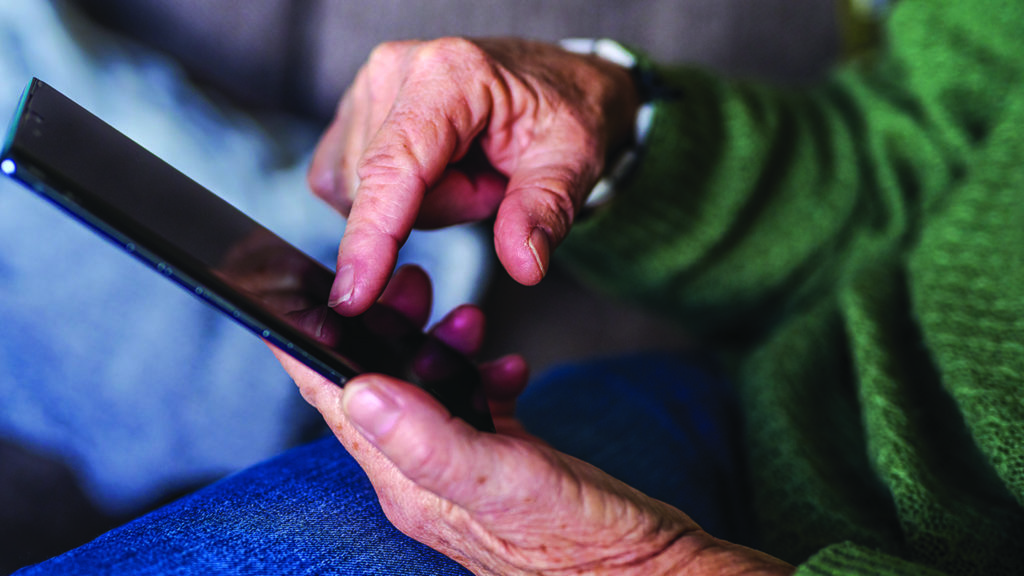
A mobile app-based intervention reduced the time older adults spent sitting by about 30 minutes a day. It also improved blood pressure, according to a study published Wednesday in JAMA Network Open.
Data came from 283 Kaiser Permanente Washington members aged 60 to 89 years. The average age of participants was 68.8 years, and 65.7% of the people were women. At the start of the study, 51.9% of the individuals had hypertension, and 69.3% took at least one antihypertensive drug.
Sitting down a lot is linked to health risks such as diabetes and heart disease. Older adults typically sit for 65% to 80% of the time they’re awake.
Study participants received 10 health coaching sessions over a six-month span. They set goals to lower the time they would spend sitting per day and received a standing desk as well as an activity tracker. A second group received health coaching, but the coaching wasn’t related to standing more or increasing physical activity. Many of the sessions were delivered remotely due to the COVID-19 pandemic.
The researchers took measurements at the start of the study, at three months and at six months. The investigators also monitored blood pressure at the start of the study and at the six-month mark.
Sitting time went down by 31.44 minutes per day at three months and by 31.85 minutes per day at six months, with a more significant reduction in those who underwent the full intervention. According to study data, people who sat less during the day had a mean change in blood pressure of almost 3.5 mm Hg.
“Our findings are really promising because sitting less is a change that may be easier for people than increasing physical activity, especially for older adults who are more likely to be living with restrictions like chronic pain or reduced physical function,” Dori Rosenberg, PhD, the lead author of the study and a senior scientific investigator at the Kaiser Permanente Washington Research Institute, said in a statement.




